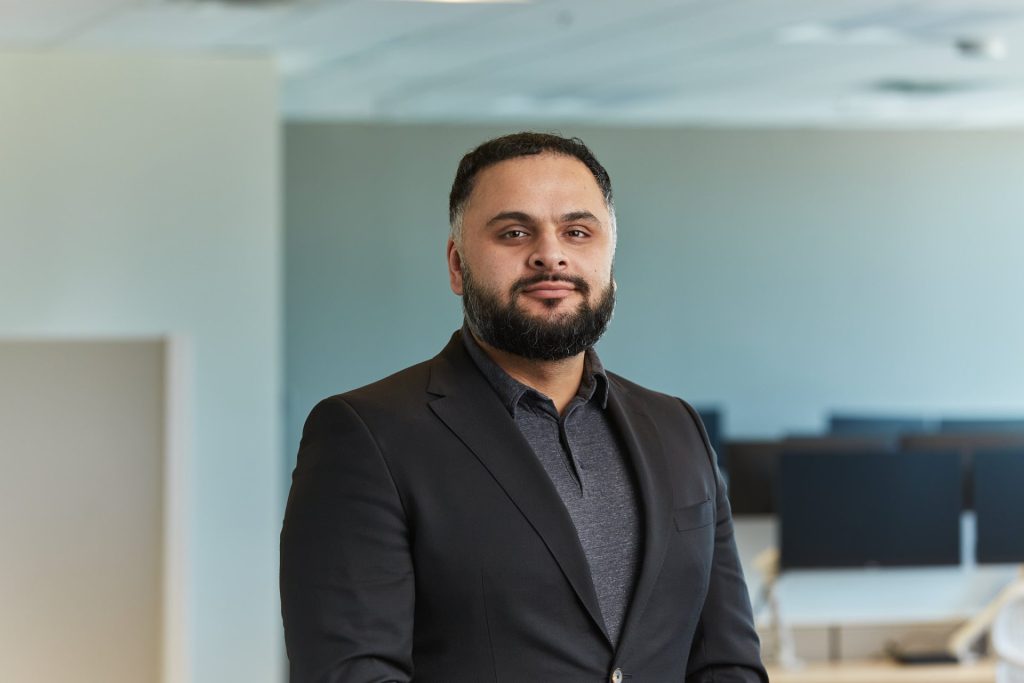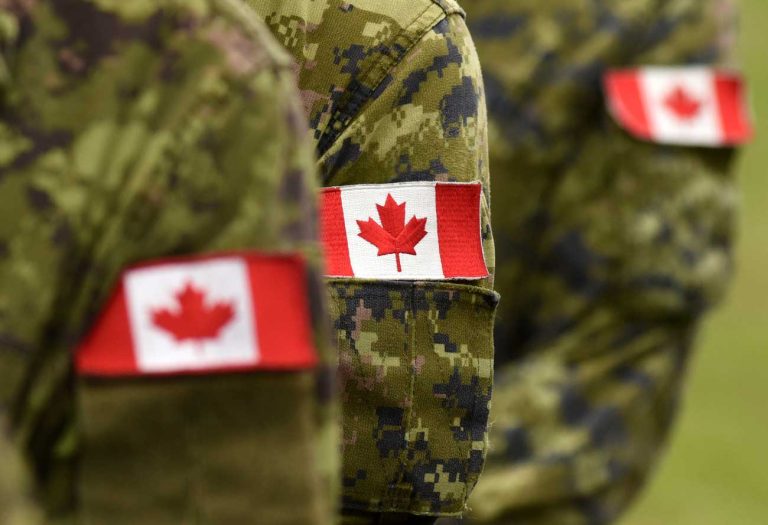By Fardous Hosseiny, President and CEO
The Atlas Institute for Veterans and Families
As the month of January winds down, there is a special focus on mental health and mental illness. And rightfully so, as the conversations which are emerging from the shadows of stigma are critically important. The stigma associated with mental illness has created a significant barrier to recovery for far too long. Talking openly is an important first step in creating pathways for those impacted to seek the help they need.
When we talk about the impacts of mental illness, conversations have often focused on the individual affected. There is no doubt about the importance of supporting those who are experiencing mental health challenges. Yet, there is a group that is intimately impacted but not often considered. The Family.
As our name implies, the mandate of the Atlas Institute for Veterans and Families focusses not only on Canadian Armed Forces (CAF) Veterans and former members of the Royal Canadian Mounted Police (RCMP), but also on their Families. With equal significance placed on the Families of those who have served there is an acknowledgement not only that the Veteran is part of a Family, but that as the impacts of potentially traumatic events play out, there are many other people in their lives who are also affected. As a result, it is important to address recovery from a Family-centric point of view.
From the military and first responder perspective, there are different aspects of the transference of trauma onto others in the Family. Perhaps the individual struggles in silence, which is often the case, and their partners, spouses and children are left trying to navigate the unspoken. Perhaps they do share the reality of the horrors they’ve experienced and the Family members experience vicarious trauma.

While there may have been preparation for the serving member in how to handle difficult situations, the same often hasn’t existed for the Family. They are often left to their own devices and ingenuity, trying not only to navigate the seriousness of the situation with their loved one, but their own mental health and well-being as well. They may not be equipped to process these monumental issues, which might be further complicated by the fact these experiences are not directly their own. Families often do not have the full context of events because it is being filtered through the lens of their loved one’s perception. As a result, the impact of caregiving for a loved one with a mental health concern might see the Family members themselves become worried, anxious and depressed.
The implications of Veterans’ mental health on those closest to them cannot be an afterthought. The impact reverberates beyond those who have served, and as such, we have to provide appropriate care and support for all who are affected. It is not enough to simply acknowledge the role Families play in the recovery of their loved one. Families themselves require education and guidance to understand and make sense of their loves ones’ injury. As well, it is equally important to validate how they personally have experienced adverse impacts as a result. Along with advice and strategies on how to support their Veterans, it can be helpful for caregivers to have additional guidance on how to mitigate the risks to all Family members, including children, as they work to make sense of their own experiences as well as their loved one’s.
At the Atlas Institute, we work directly with Veterans and their Families to guide all of our work. This informs the research we engage in, the resources we develop and the stories we share. The intent is to ensure that when we consider the mental health and well-being of the Veteran community, we are holistically viewing them through the lens of the entire Family unit.
While this article looks at the broader impact on mental health from a Veteran and Family perspective, there is much that is transferrable to the broader civilian community. The resources we have developed in support of Families can be accessed on our website at atlasveterans.ca/knowledge-hub/families-and-friends. In sharing this knowledge, not only can we better empower Veterans and Families to work towards better mental health and well-being, we can also support increased awareness of these issues among all Canadians and, most importantly, create vital pathways to recovery.


